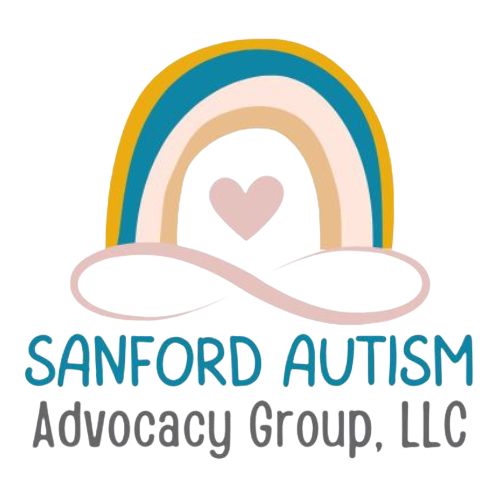 Do you ever wonder what goes on in your child’s mind? Or, if you are parenting a teenager, maybe you don’t want to know...I think every parent wonders what their child is thinking at times, especially when they are infants or toddlers. However, for the Autism parent, this feeling happens much more often and for a longer time span...maybe throughout their childhood or even into adulthood. I can remember working with a family once and the mother told us a devastating story at her son’s IEP (Individual Education Program) meeting. She shared that her greatest concern for her son was for him to be able to tell her about his feelings. Her son was an eight-year-old at the time who was significantly impacted by Autism and minimally-speaking. One night, when helping him with his bath, this mom noticed that her son had a terrible scratch on his leg that looked as though it had happened that day. He winced as she tended to his injury. This mom realized that her son had been injured somehow that day and was unable to tell her that he was sad, hurt, or in pain. She cried as she told us this story at the IEP meeting, and inside I cried for her, too. This was many years ago, before my own daughter “Amazing Grace” was diagnosed with Autism Spectrum Disorder. Language and communication are one of the hallmark areas of challenge for individuals with Autism. This can manifest differently from one person to another. It can be as significant as being unable to tell someone that you are hurt. However, for individuals less impacted by Autism, many still struggle to effectively discuss their feelings and the feelings of others. Though their academic vocabulary may be strong, beyond their peers, many individuals with Autism have a very immature emotional vocabulary. I recently had a moment with my daughter that typifies this concept. For several years, Grace has expressed her distaste for me when I coo and “talk” to babies that we see in stores, at parks, etc. She has mentioned to me that I should not talk to babies as that is “not my business”. However, recently when this situation occurred, Grace was able to use words to explain to me her truefeelings for the first time. She told me that when I engage with babies, she feels “sad and unloved” and she further asked “Mom, you do still love me…right?” My heart sank to think that Grace felt this way, while also feeling relief because I finally knew what had been bothering her all this time. What can we do to help? If your child with Autism struggles to share their ideas, thoughts, wants, or needs, here are a few ideas to help…
One of the greatest challenges in parenting a child with Autism Spectrum Disorders is the struggle with communication. However, with persistence, patience, and love, it is possible to effectively support our children while helping them find their voice. References: autismspeaks.org
1 Comment
Leave a Reply. |
AuthorCrystal Sanford, M.Ed., M.A. CCC-SLP, ASDCS is an Educational Consultant, IEP & Autism Advocate and Speech-Language Pathologist. She is also the host of inspiring podcasts, Thriving Special Families and Thriving Autism Families! Her passion is advocating STRONG alongside fellow Autism and other fellow parents of neurodiverse children, helping them to persistently pursue what their children deserve at school. In her free time, she enjoys gardening and spending time with her husband and two children in San Diego, CA. Archives
November 2023
CategoriesAll Amazing Grace Autism Info IEP Advocacy SAC Company Info Thriving Special Families Tips And Strategies |
Photos from Ivan Radic (CC BY 2.0), Ben Taylor55, Oregon State University, C. VanHook (vanhookc), Rod Waddington, bobobahmat, Ivan Radic, marcoverch, Szhlopp, quinn.anya, bennylin0724, Gamma Man, Lorie Shaull, vhines200, davidstewartgets, truewonder, wuestenigel, ecosistema urbano, Phil Scoville, Our Dream Photography (Personal), Alexander king79, Dick Thomas Johnson








